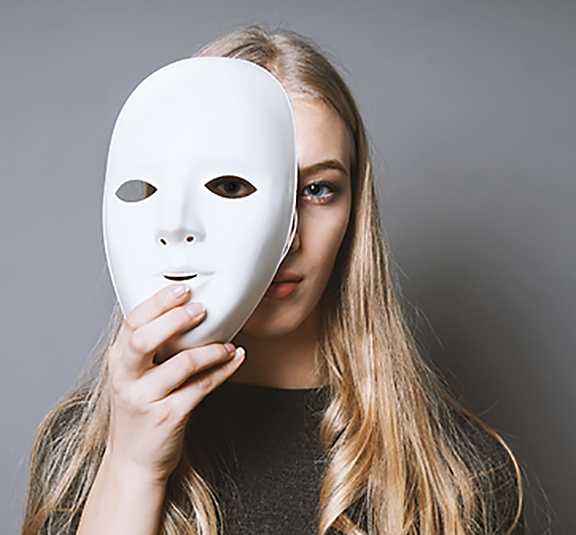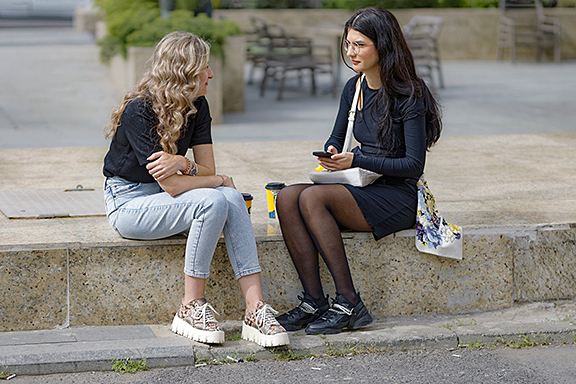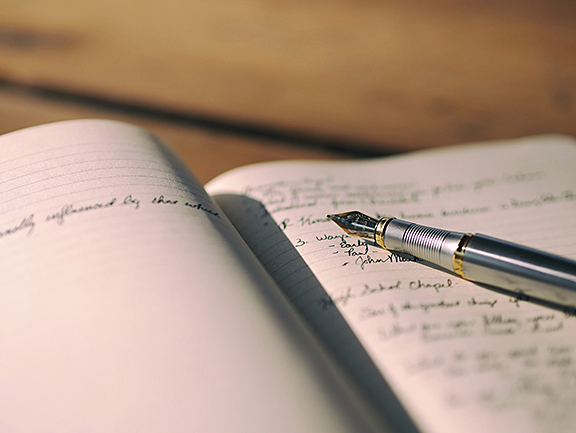Overcome Imposter Syndrome with These Expert Techniques
Many people struggle with imposter syndrome, or the inability to internalize accomplishments. Experts estimate that 80% of people experience it at some point in their lives. It doesn’t look the same for everyone, but struggling to recognize one’s own strengths can negatively impact self-esteem and performance.

I’ve been working with Monica Gullotta, a mental health expert, educator, and author who recently published a book called Conquering Shame: Surviving to Thriving. Among many facets of shame covered in the book, Monica discussed imposter syndrome. She saw success in the mental health field – with a master’s degree, launching and facilitating three support groups for over 16 years, receiving an award from the Mental Health Association of Onondaga County, authoring four books, appearing on television and radio, and providing workshops. But somehow she still had feelings of inadequacy despite all of her success. From her personal experience, Monica has developed many strategies for combating imposter syndrome. After a few great conversations, here are the top techniques we came up with.
1. Find a friend and/or a mentor to talk to.
Monica recommends finding a “sounding board” – someone you trust who will be supportive and validate your feelings. If you can find a nonjudgmental person to talk to, you’ll be able to shamelessly express and embrace your feelings.
I suggest finding a mentor in the area where you feel your imposter syndrome rearing its head. For example, I sometimes notice my imposter syndrome at work, so if I’m nervous about a particular aspect of my job, I’m open with my closest superiors about my feelings. I was nervous at first that they’d see me as more unqualified than I already felt, but they reassured me that I was qualified and encouraged me to discover where my biggest strengths are.
2. Do a stress-reducing activity.
Monica’s top stress-reducing activities include listening to music or a podcast, coloring, meditating, and going for a walk. Walking, she said, is a great way to give yourself some time to reflect and contemplate what may trigger your feelings of low self-esteem in a safe environment. But doing an activity that you enjoy also allows you to have some time to yourself and decompress. I enjoy reading as a de-stressing activity since it activates my imagination and allows me to consider endless possibilities. The best stress-reducing activity for you is whatever you find enjoyable.
3. Journal, journal, journal.
If you haven’t read my article from January about journaling yet, now would be a great time to give that a look. The main gist: Taking a little bit of time out of your day to express your inner feelings is a great way to reflect and practice mindfulness.
For imposter syndrome, Monica believes journaling can be a safe outlet to assess where your thoughts and feelings come from and how they manifest in your individual life. Here are some questions you may consider:
- Do you feel like an “imposter” in work settings, or in your relationships, or somewhere else?
- Why do you think you feel this way?
- How do you feel your thoughts and emotions impact your performance in a particular setting?
Making a specific effort to address your feelings may help you to pinpoint where your imposter syndrome comes from – and prevent it from manifesting.

4. Celebrate your strengths.
As an athlete, I am never fully satisfied by my athletic performance and can always find something I did poorly. In the professional world, this has translated to a high level of self-criticism and belief that I’m not as qualified as I should be. But an easy way to remind myself that I am qualified is acknowledging when I do something well. For example, I’m working part time as a college cross country coach. I know that I have a lot to learn about coaching, but I also know that I bring a lot of skills and experience to the table. Even my mental health knowledge is applicable to the job, so when I share that experience with my athletes I feel excited that I’ve helped them in some way. So even though I may be very new to this career, I can always remind myself that I’m contributing.
Journaling is one way you can intentionally remind yourself of your value. If you journal at the end of the day, you can list some things you did well in work or other parts of your life on that day. Celebrating your wins, big or small, will help to develop your sense of self-worth.
5. Be kind to yourself.
It’s ever-increasingly difficult for us to admit that we are, in fact, imperfect. If you feel like you’re never doing enough and it’s negatively impacting your mental health, an important step toward better well-being is being alright with imperfection. As a perfectionist, I can tell you that this is not easy. It’s easy to think, “Why not do a little bit more?” or “Why not make this a little better?” But if you always think you’re not doing enough, then it’s about time to accept that you don’t have to do everything perfectly all the time.
Monica believes acceptance is not only essential in combating imposter syndrome, but also maintaining overall emotional and mental well-being. Acceptance means embracing all events in your life, regardless of how bad they might have been, and making peace with your past. It’s about letting go of all pretenses and fully embracing what was, what is, and what might be – win or lose.
An important piece of all these techniques is to work them into your routine. Doing any of these things only once may help temporarily, but the only way to improve your well-being in the long term is to do one or all of these things regularly. If you make a routine of talking with a mentor, journaling, taking walks, or celebrating success, it will progress from perhaps feeling forced to being second nature – improving your self-esteem and helping you overcome your imposter syndrome.












